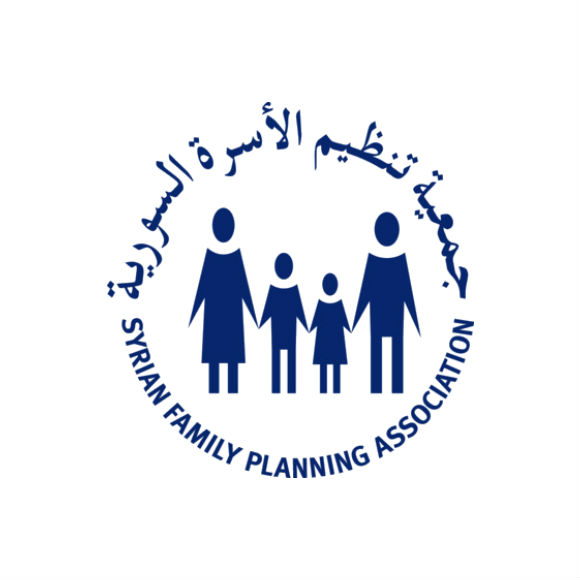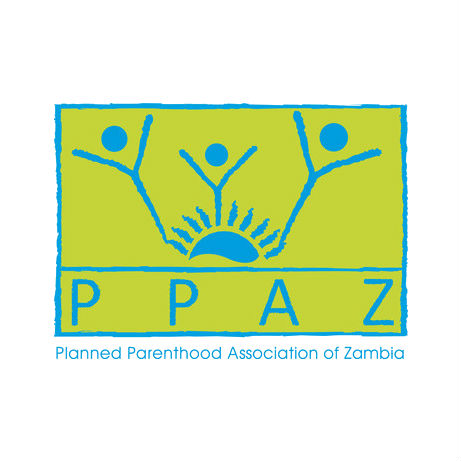

| 31 March 2016
Syrian Family Planning Association
The Syrian Family Planning Association was created at 1974. SFPA's strategic framework for the period 2016-2022 includes: Our vision: Syrian society enjoys sexual and reproductive health and rights based on free choices without any discrimination. Our mission: To lead a locally owned, globally connected civil society movement that provides and enables services and champions sexual and reproductive health and rights for all especially undeserved. Our values: Social inclusion, commitment, diversity, respect, passion, volunteerism, accountability. To achieve the mission and vision the Syrian Family Planning strategic framework have the number of 4 outcomes each one includes 2 priority objectives as following: Outcome 1: The government respects, protects and activates sexual and reproductive rights and equal gender opportunities. Gaining support of decision-makers, opinion leaders and parliamentarians obligation to carry out the necessary amendments in legislation, policies and practices. Empowerment of youth and women's leaders and their engagement as advocates for change. Outcome 2: 2,300,000 people have free choices regarding their sexual and reproductive health and rights and protected from gender based violence. Enable young people to access comprehensive sexual education. Raising community awareness through engagement of champions, opinion formers and the media to promote health, choice and rights. Outcome 3: 24.5 million quality integrated sexual and reproductive health services delivered, particularly in humanitarian cases. Deliver integrated package of sexual and reproductive health services, especially in humanitarian cases. Enable sexual and reproductive health services among partners, particularly in humanitarian cases. Outcome 4: A high performing, united, committed and accountable association. Enhance operational effectiveness and double income at the national level. Enhance our volunteer and activist supporter base. SFPA branches distributed all over Syria in 13 governorates (Syria have 14 governorate, AlRaqa still out of the government control). SFPA is running several projects related sexual reproductive health, focusing on maternal and child health, during the crisis SFPA expand its services delivery points and do integration for gender base violence counselling services in all its health services using psychosocial support, and case manager. The SFPA Services delivery points at the 13th governorates are as following: 43 paediatric static clinics. 29 mobile team paediatricians. 14 mobile teams for malnutrition screening. 38 RH static clinics. 25 medical RH mobile teams. 1 obstetric and delivery hospital. 1 mammogram. 18 women and girls safe spaces /WGSS/. 24 PSS mobile teams supporting WGSS. 12 youth centers. The framework of SFPA activities focus on the following fields: SRH, Sexual reproductive health. GBV, gender base violence. Child health. Malnutrition prevention for pregnant woman and children under 5. Number of SFPA volunteers around 650, number of SFPA employees around 980.

| 31 March 2016
Planned Parenthood Association of Zambia
The Planned Parenthood Association of Zambia (PPAZ) was created in 1972. Then, it was dedicated to the promotion of family planning services. Over the years, it has evolved into a major service provider and advocacy body, with significant input into government policy on sexual and reproductive health (SRH) issues. Services offered include family planning, voluntary counselling and testing (VCT) for HIV, the treatment of sexually transmitted infections (STIs), antenatal and post-natal care, emergency contraceptive provision, laboratory tests, and screening. PPAZ refers clients on for additional services including prevention of mother-to-child transmission (PMTCT), antiretroviral treatment and home-based care. The organization operates 3 static clinics, 11 mobile units and 10 community-based services (CBSs). It has a full-time staff of 34, backed by 1,300 volunteers which include over 200 community-based distributors (CBDs) and 398 peer educators. In total, PPAZ runs 229 service points. PPAZ places a strong emphasis on HIV and AIDS prevention and treatment: as the statistics show, HIV prevalence rates are exceptionally high in Zambia. PPAZ has worked intensively on integrating gender and empowerment perspectives into HIV prevention. It has undertaken behaviour change communication projects directed at young people, both in and out of school settings, and it’s taken similar projects out to rural communities. PPAZ partners extensively with non-governmental organizations (NGOs), particularly those involved in youth and HIV and AIDS work. It receives financial support from Care international, UNICEF, the Japanese Organisation for Cooperation in Family Planning (JOICEP), Forum RFSU and IPPF’s Japan Trust Fund.







